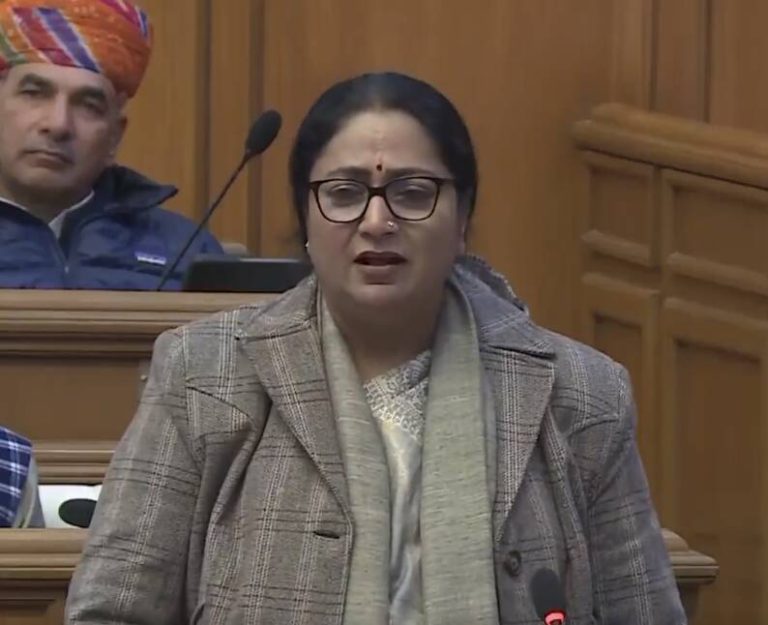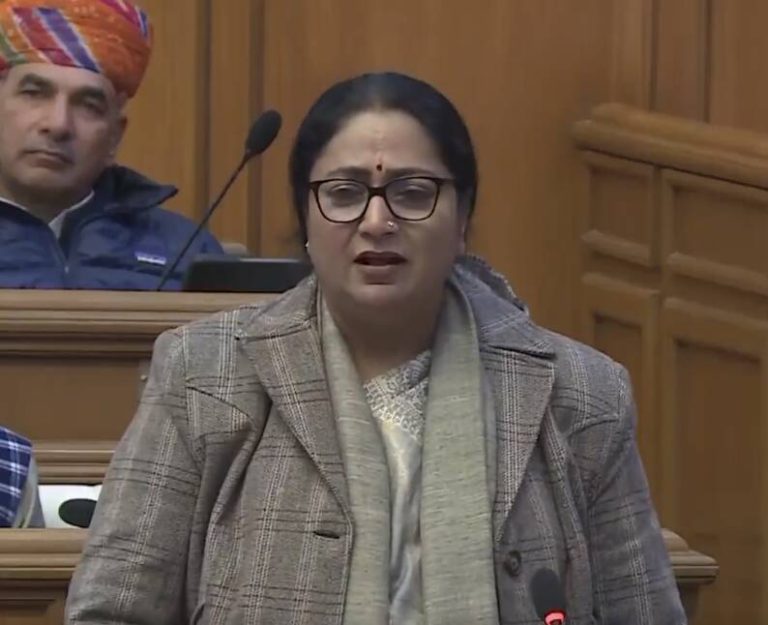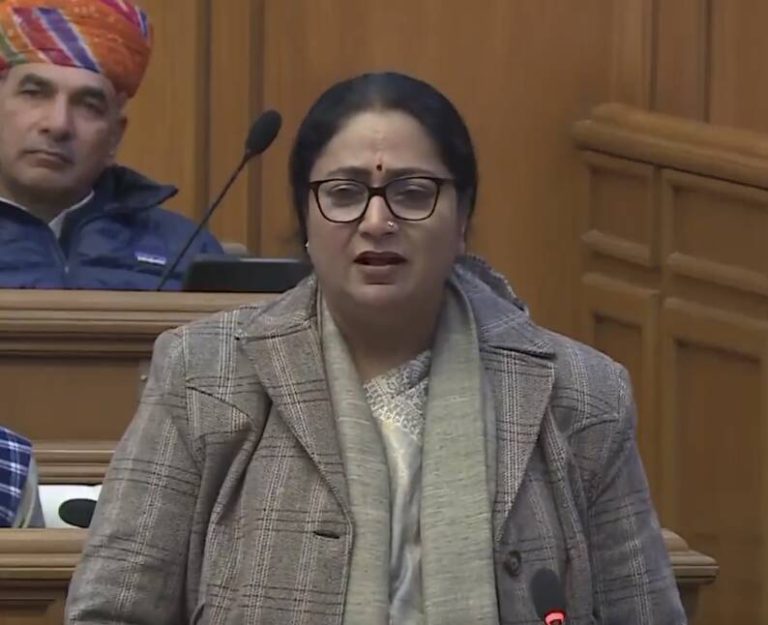
Assam CM helped Nitish work out ₹10,000 for women scheme: Report
In a recent development, it has been reported that Assam Chief Minister Himanta Biswa Sarma played a significant role in helping Bihar Chief Minister Nitish Kumar’s government devise a scheme to provide ₹10,000 to women in the state. According to NDA leaders, a large part of the credit for Bihar’s Mukhyamantri Mahila Rojgar Yojana, which aims to provide financial assistance to women, goes to Sarma.
The scheme, which was recently launched by the Nitish Kumar government, has been hailed as a major initiative to empower women in the state. However, it has now emerged that the idea behind the scheme was inspired by a similar model implemented in Assam, known as the ‘Jeevika ₹10,000 model’. This model was presented to Bihar officials by a team of bureaucrats from Assam, who were sent by Sarma to share their expertise and experience.
According to reports, Sarma had sent his team of bureaucrats to Bihar around five months ago, at the request of the Nitish Kumar government. The team made a detailed presentation before Bihar officials, explaining the nuances of the ‘Jeevika ₹10,000 model’ and how it could be adapted and implemented in the state. The presentation was well-received by the Bihar officials, who were impressed by the simplicity and effectiveness of the model.
The ‘Jeevika ₹10,000 model’ is a innovative scheme that provides financial assistance to women, enabling them to start their own businesses or pursue their entrepreneurial dreams. The scheme has been highly successful in Assam, with thousands of women benefiting from it. The model is designed to be self-sustaining, with the government providing the initial funding and the women being encouraged to repay the amount in easy installments.
The Mukhyamantri Mahila Rojgar Yojana, which was launched by the Nitish Kumar government, is based on a similar concept. The scheme aims to provide ₹10,000 to women in the state, to help them start their own businesses or pursue their entrepreneurial aspirations. The scheme is expected to benefit thousands of women in the state, and is seen as a major initiative to empower women and promote economic growth.
The role of Assam Chief Minister Himanta Biswa Sarma in helping the Nitish Kumar government devise the scheme has been widely appreciated. Sarma has been credited with providing valuable inputs and guidance to the Bihar government, which helped them to design and implement the scheme. The Assam Chief Minister has said that he is happy to have been able to contribute to the scheme, and is confident that it will have a positive impact on the lives of women in Bihar.
The collaboration between the Assam and Bihar governments on the scheme is seen as a positive development, and is expected to lead to more such initiatives in the future. The fact that the two governments were able to work together and share their expertise and experience is a testament to the spirit of cooperation and mutual respect that exists between them.
In conclusion, the report that Assam Chief Minister Himanta Biswa Sarma helped the Nitish Kumar government devise a scheme to provide ₹10,000 to women is a significant development. The scheme, which is based on the ‘Jeevika ₹10,000 model’ implemented in Assam, is expected to have a positive impact on the lives of women in Bihar. The collaboration between the two governments on the scheme is a positive development, and is expected to lead to more such initiatives in the future.
The success of the scheme will depend on its implementation and the impact it has on the lives of women in Bihar. However, the fact that the scheme has been designed and implemented with the help of experts from Assam is a positive sign. The Assam government’s experience in implementing the ‘Jeevika ₹10,000 model’ will be invaluable in helping the Bihar government to overcome any challenges that may arise during the implementation of the scheme.
Overall, the report is a positive development, and is expected to have a significant impact on the lives of women in Bihar. The scheme has the potential to empower thousands of women in the state, and to promote economic growth and development. The collaboration between the Assam and Bihar governments on the scheme is a testament to the spirit of cooperation and mutual respect that exists between them, and is expected to lead to more such initiatives in the future.




